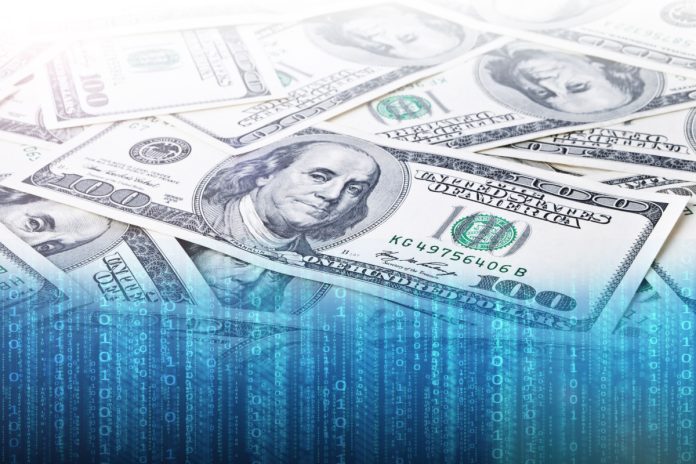Whilst a large majority of countries are exploring the possibilities of central bank digital currencies (CBDCs), the US has been one of few to have expressed considerable doubt.
This was exemplified by comments made by Federal Reserve Governor Michelle Bowman, who revealed during an event at the Harvard Law School in Washington that the benefits of a US CBDC “remain unclear”.
She said: “The potential benefits of a US CBDC remain unclear, and the introduction of a US CBDC could pose significant risks and tradeoffs for the financial system.”
CBDC concerns stem from a number of issues, such as the ability to easily track and trace user’s transaction information and pose new unchartered territories when it comes to potential fraud and scam attacks.
Despite tentatively exploring the possibility of what a US CBDC – or digital dollar – could have on the country’s wider financial system, the Federal Reserve has maintained that if plans were to progress, it would fundamentally require clearance from the White House and authorisation from Congress.
The US is not without its CBDC supporters however, as the Digital Dollar Project launched a report into the possible implementation of the digital currency and the safeguards attached to it.
Released as a way to be a “catalyst for broad public discussion”, the Digital Dollar Project outlined 12 risk-related themes, such as ‘Convertibility’ and ‘Wallet Takeover’, as well as the risk of unauthorised access to a wallet and loss of funds.
That being said, CBDCs are not without starch opposers, with the most vocal ones coming from the Republican Party.
Majority Whip, Tom Emmer reintroduced a legislation to ban CBDCs under the proposed ‘CBDC Anti-Surveillance State Act’, aiming to halt the efforts of bureaucrats from developing a US CBDC, claiming the legislation is designed to protect US citizens’ financial privacy.
Emmer currently has 50 Republican cosponsors for the proposed bill, which was first introduced in January 2022.
Whilst Bowman acknowledges both sides of the CBDC argument, she did affirm that she is yet to see a substantial argument to the necessity of a digital dollar.
She revealed: “We have seen a range of arguments in the public debate about issuing a CBDC, including addressing frictions within the payment system, promoting financial inclusion, and providing the public with access to safe central bank money.”
“I have yet to see a compelling argument that a US CBDC could solve any of these problems more effectively or efficiently than alternatives, or with fewer downside risks for consumers and for the economy.”























